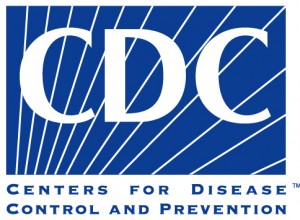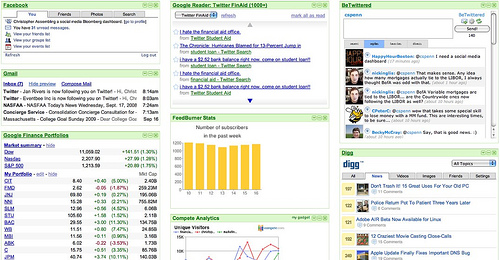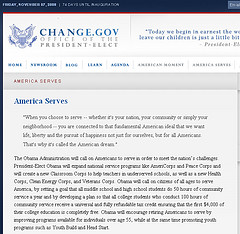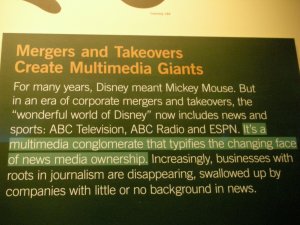I first ran across New Moon Media when I was researching social networks and sites for teens/tweens, and I was blown away by their concept. Not only it is smart and savvy, but it was and is developed by teen and tween girls themselves (along with some adult guidance).
New Moon Media looks to empower girls making by being led and developed by the girls themselves. Originally a magazine written by and for girls ages 8-12 years old, the girls have expanded into multiple blogs, a MySpace page, e-newsletters, widgets, and NewMoonGirls – an online community for girls ages 8-12 which luanches Sept. 1, 2008. Also in the works is New Moon’s user-experience, Orb28, aimed at girls 13-15+. The video below explains:
httpv://www.youtube.com/watch?v=wFdV5ZZuoQU
Enjoy, =)
******************
Blog Name: New Moon Girls / Girl Media Maven / orb28
Blog Topics: New Moon Girl Media blogs about issues important to girls and to adults who care about girls. Our girl blogs feature girl-created content on topics such as Health, Technology, Politics & Current Events, Friends & Relationships, and Powerful Women, while Girl Media Maven focuses on topics relevant to parenting as well as girls’ challenges and breakthroughs today.
About the Author: New Moon girls range in age from 8 to 15+ and hail from all over the globe! Adult staff who help coordinate and moderate the girl blogs are highly experienced in girls’/women’s issues, journalism, media, and the internet. Nancy Gruver, who hosts Girl Media Maven, is the founder and CEO of New Moon Girl Media.
If you could live on any street, what would that street be named and why?
The street would be called Voices Lane. New Moon Girl Media would love to live on this street because our company began with founder Nancy Gruver’s dream to give girls a platform to speak out and maintain their sense of self throughout adolescence, and today, the goal of the company is still to bring girls’ voices to the world in significant ways.
Who would be your dream real-life neighbor? Confident, happy girls who go after their dreams!
If you were in charge of the planning the neighborhood’s block party, what entertainment would you plan?
We would plan a variety act showcasing what makes girls unique, special, and capable. This event, which could include girls’ poetry and story readings, music, theatre, dance, and athletic performances, artwork displays, video screenings, and more, would empower girls to speak out in public and feel proud of themselves just who and how they are.
What latest news bites would you share with your neighbors if they asked you how you were doing?
New Moon Girl Media is celebrating the 16th year publishing our ad-free, by-girls for-girls magazine; now, to reach more and more girls, we are additionally launching NewMoonGirls.com, an ad-free, safe, girl-only online community for girls ages 8-12 on September 1st. We are very excited about this new community and hope you will help us spread the word! You can keep updated on the latest at New Moon Girl Media and share with friends on Facebook, MySpace, and YouTube, and even embed New Moon’s new blog widgets into your blogs and personal sites. We’d love for you to have New Moon news delivered right to your inbox by signing up for our e-newsletters, and you’re also invited to join the New Moon Girls Street Team, where girls and adults spread the love for New Moon!
What first prompted you to blog?
For years, New Moon Girl Media has been a leader in publishing real girls’ voices in print; as more and more people connect, learn, and have fun online, New Moon Girl Media’s blogs are a great way to explore and come together around girls’ issues, bringing even more girls’ voices to even more of the world.
If you customized your own license plate, what would it say and why?
Our license plate would say “Go Girls!” because girls need more empowering and positive messages around them reflecting what it means to be a girl or woman.
What would you gift to a new neighbor as the perfect welcoming gift?
A subscription to New Moon Girls magazine and membership to NewMoonGirls.com!
What’s your favorite blog post and why? Anything written by a girl!
What’s one lesson you’ve learned from blogging? Despite it’s many dark corners and pitfalls, the positive opportunities presented by the internet for connection and social change are very inspiring.
Past Blogger Neighbors Include:
- Osocio @ Osocio, nominated by SocialButterfly
- Beth Kanter @ Beth’s Blog, nominated by SocialButterfly
- Beth Dunn @ Small Dots, nominated by Beth Kanter
- Len Edgerly @ LenEdgerly.com, nominated by Beth Dunn
- Stacey Monk @ Epic Change, nominated by the Twitter-verse
- Jason Dick @ A Small Change, nominated by Stacey Monk
- Roger Carr @ Everyday Giving, nominated by Jason Dick
- Andre Blackman @ Pulse & Signal, nominated by SocialButterfly
- Laura Stockman @ 25 Days to Make a Difference, nominated by Roger Carr
- Karama Neal @ So What Can I Do?, nominated by the Carnival of Change
- Julie Zauzmer @ 52 Ways to Change the World, nominated by Karama Neal
- Vanessa Mason @ Subject to Change, nominated by SocialButterfly
- Stephanie Gulley @ HeyStephanie.com, nominated by Vanessa Mason
- Aaron Ferster @ EPA’s Greenversations, nominated by SocialButterfly
- …Julia Barry @ New Moon Media, nominated by the YPulse Conference
*************************
This continuous weekly series highlights different blogs and their respective bloggers in the blogosphere neighborhood. Following the great Mr. Rogers, who tells us to ‘Get to know your neighbor,’ this series introduces us to our blogger neighbors, making for a more unified, collaborative voice for the social sector. Like to nominate someone or be featured yourself? Contact me @ socialbutterfly4change@gmail.com.

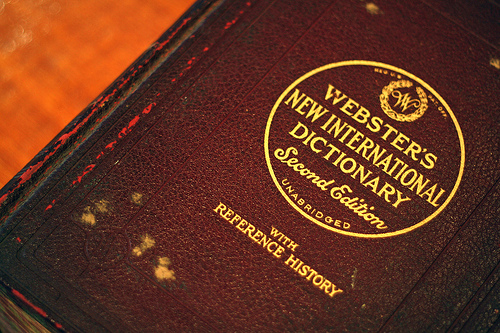 This is a big question–I realize that. As, you could dedicate a whole blog to the topic. For the sake of this post, the key point I want to share is:
This is a big question–I realize that. As, you could dedicate a whole blog to the topic. For the sake of this post, the key point I want to share is: